President Klaus Iohannis announced on Tuesday having asked the government to come by the end of August up with measures, rules and procedures for a rapid and conjugated response of all the institutions involved, so as to eliminate delays as in the Caracal case, as well as to conduct an urgent analysis of the legislation on serious and very serious crimes.
"The very serious analysis done during the CSAT meeting found that the institutions with responsibilities in the area of citizen's security have failed, after a long series of unacceptable errors, to ensure a fundamental right provided by the Romanian Constitution - the right to life and the right to physical and mental integrity (...) I asked the Romanian Government to develop, by the end of August, a series of measures, norms and procedures for a rapid and conjugated reaction of all the institutions involved, including prosecutors, so that in situations such as that of Caracal that there should be no criminal delays in the actions of the state bodies. We also asked the government to urgently analyse the current legislation of serious and very serious crimes against persons, especially where life, freedom are and bodily integrity are affected; to identify ways to optimise location, by implementing the transmission by short text messages of the geographical coordinates of devices, as well as to analyse the situation of the current 112 Emergency Number System. At today's meeting, we asked for strict procedures regarding how those responding to 112 must offer support to those in need," Iohannis said at the Cotroceni Presidential Palace.
He said that these days he consulted with public safety and justice specialists to develop concrete solutions, noting that his executive powers are limited only to within CSAT and that he will pass on the solutions he suggests to all institutions for such tragedies to be prevented.
He mentioned some information from the reports of MAI and STS that were presented in the CSAT meeting that points to a series of serious deficiencies, such as: unjustified delays in initiating investigations; although the girl was reported missing on July 24, at 20:30hrs they started on the morning of July 25, at 08:30hrs; failure to follow the internal procedures regarding the reporting and monitoring of events and aspects of operational interest; failure to observe the working methodology regarding the commissioning and operation of the Child Abduction Alert national mechanism, as well as failure to follow a co-operation protocol between the Ministry of Internal Affairs and the Prosecutor's Office with the Supreme Court of Justice and Cassation on the commissioning and operation of the Child Abduction Alert national mechanism; a refractory attitude of the police workers towards the victim, with the police officers failing to get involved in obtaining data that lead to the identification of the place where the victim was located; system and interinstitutional co-operation problems, starting with communication between the operators of the Single National System for Emergency Calls and callers, amidst their unsatisfactory occupational training and a procedure that does not prioritise calls according to their severity; lack of equipment, both means of transportation, communications, and also regard IT technology; undersized staffing of the operational departments and inadequate specialist staffing, as well as the absence of continuous training.
Iohannis underscored that appointments to management positions following political criteria instead of professional competence criteria are one of the leading causes of the public bodies being deprived of professionalism.

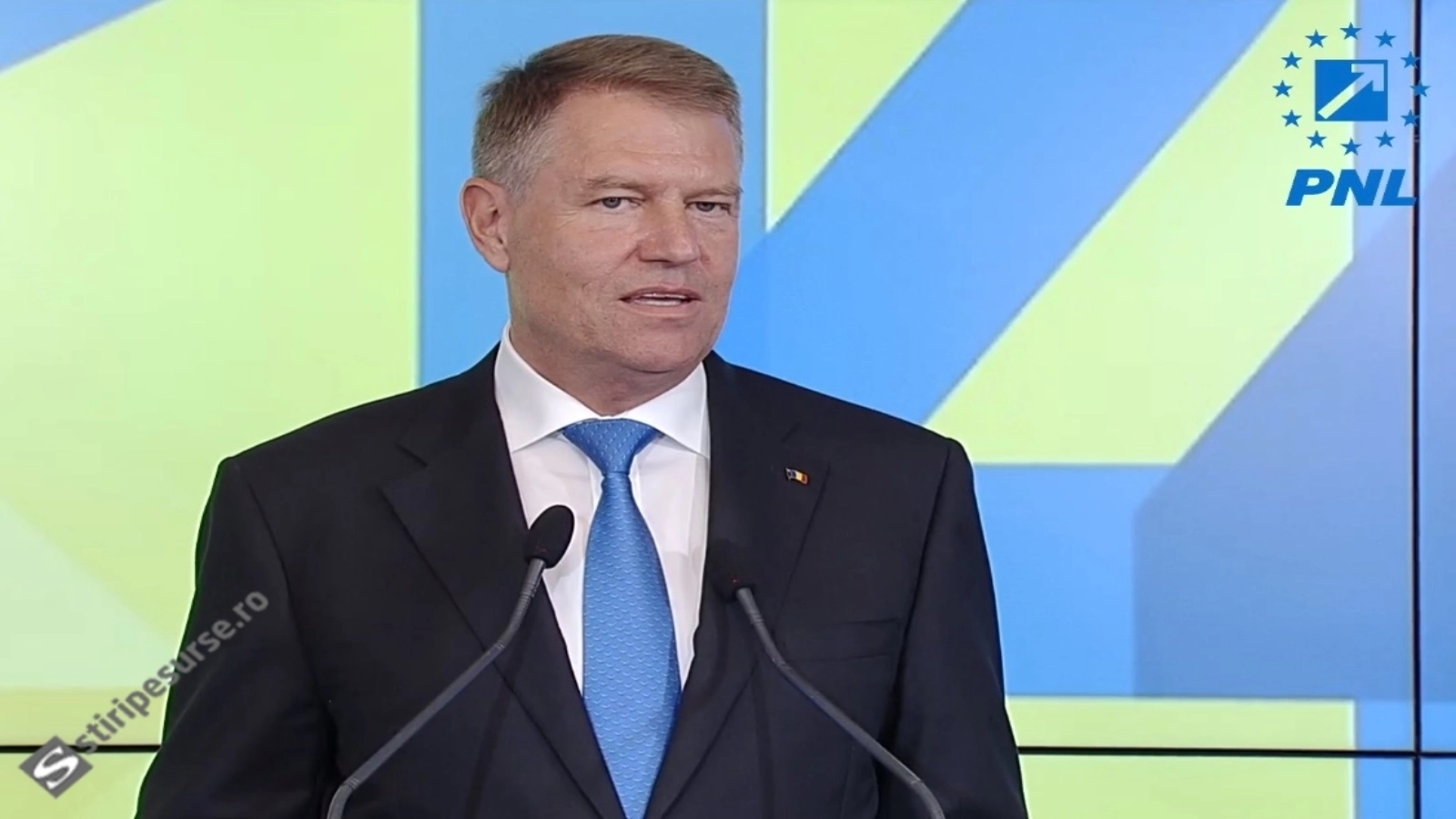
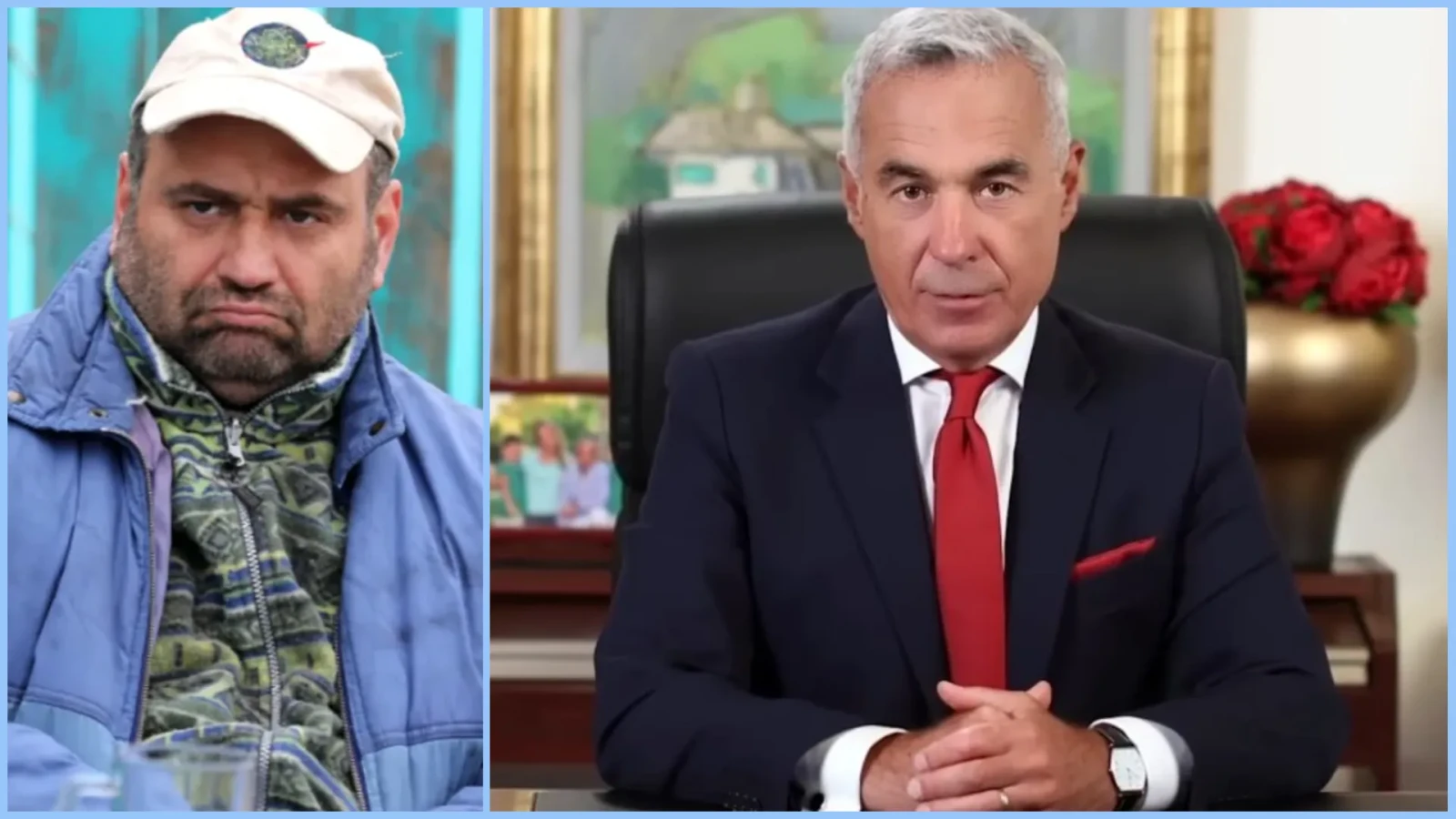











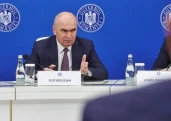
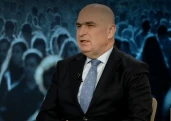
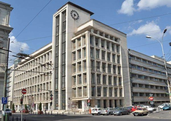


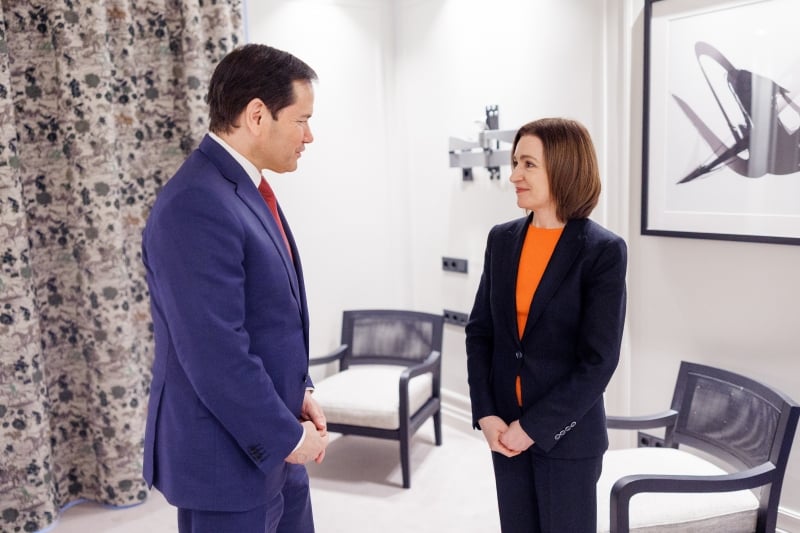

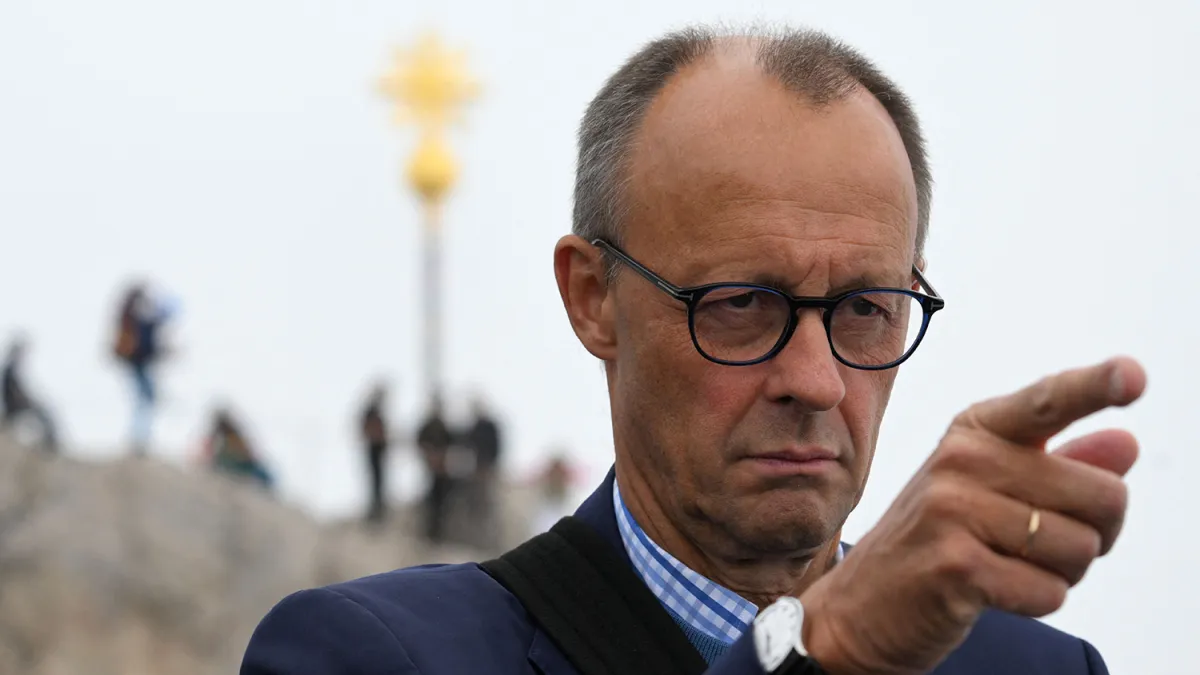









Comentează